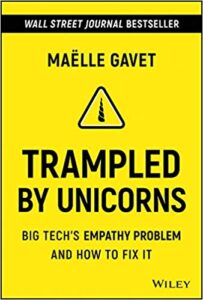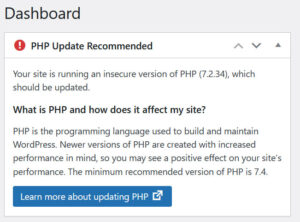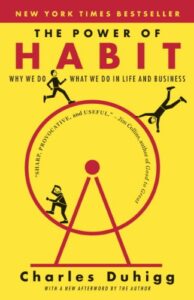One of my guiding philosophies is that ideas are cheap. Ideas don’t lead to success. Successful people are those who take ideas and follow-through. They implement them. They make them happen. The bigger the idea, the bigger the success.
If you agree with my philosophy, then Elon Musk’s success should not surprise you. He has taken big ideas like mass-market electric vehicles and reusable rockets and turned them into a reality. Therefore, when he starts talking about his vision of the future, I listen.
Earlier this month, he sat down with the head of TED, Chris Anderson, for an interview that covered a wide range of topics. Musk talked about his vision for sustainable energy by 2050, when autonomous vehicles would be a reality, household robots, armadas of starships taking people to Mars, and his plan to augment humans with AI and why it needs to happen.
It’s a rather long interview at just over an hour, but worth your time if you have any interest in how the future may unfold. Usually I would discount this kind of “crazy” talk, but Musk has a track record of making it happen. I’ve included additional interviews of Musk below that date back to 2013 if you want to see how his past predictions have panned out. Spoiler alert: they were pretty spot on, especially when you consider how big the vision is.



